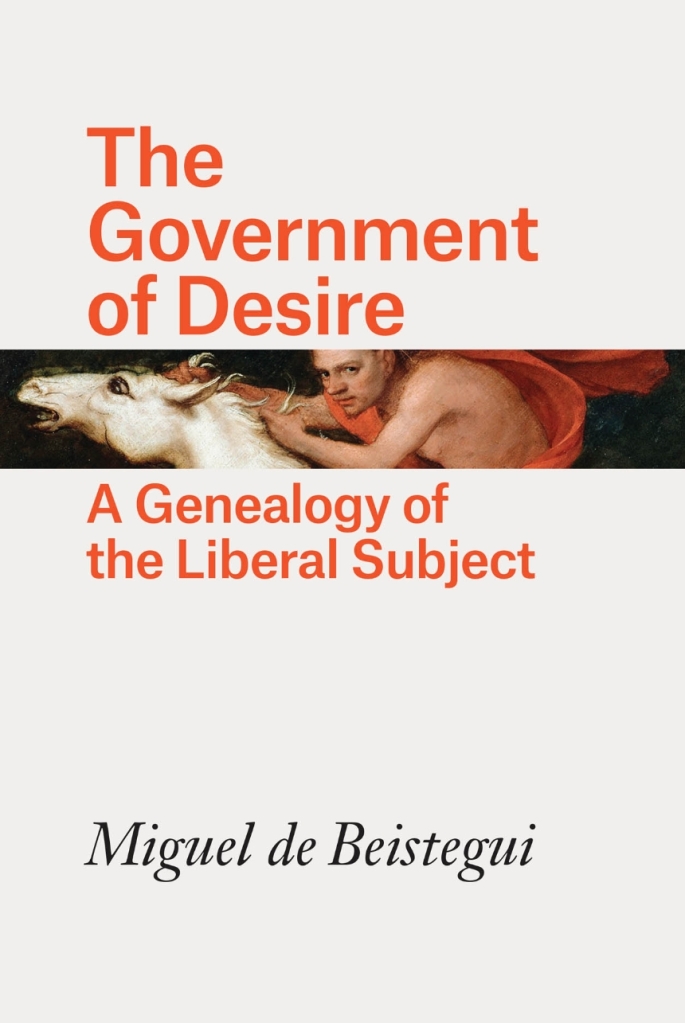Back from a hiatus in western Massachusetts, B joins John and special guest co-host Alyssa Ruth Mazer to discuss Miguel de Beistegui’s book The Government of Desire: A Genealogy of the Liberal Subject. What is a liberal subject and how does desire open up its discourses and genealogy and governmentalities? Did Beistegui try to out-Foucault…Foucault, the book’s stated intellectual inspiration? The team attempts a reparative reading of the Introduction, Conclusion and Beistegui’s chapters on recognition. But these three self-professed genealogists hit a snag. Critiquing the murky depths of desire and recognition requires more than what the Western canon provides! What happened to queer theory? Is there feminism at all? Could Black and Indigenous theories of personhood have made a more prominent appearance? Is there a “true” kind of resistance? With so much to discuss, you can’t not desire tuning in!
Requests for texts for us to discuss? Dreams for us to interpret? Advice questions for us to answer? Email us at alwaysalreadypodcast AT gmail DOT com. Subscribe on iTunes or Spotify. Follow us on Twitter. Like our Facebook page. RSS feed here. Patreon here. Thanks to Bad Infinity for the intro music, “Post Digital,” from their album FutureCommons; always already thanks to B for the outro music. For the mp3 of the episode click here.
Links:
- De Beistegui’s homepage at University of Warwick
- De Beistegui, “The Political Honour of Psychoanalysis” talk at Warwick (2015)
- Relevant Stanford Encyclopedia of Philosophy entries: desire; recognition; Foucault
- Combahee River Collective Statement at Black Past
- Remembering Lauren Berlant (UChicago; Duke)
- Patricia Williams, The Alchemy of Race and Rights
- Wendy Brown, “Suffering Rights as Paradoxes” (2000) in Constellations





